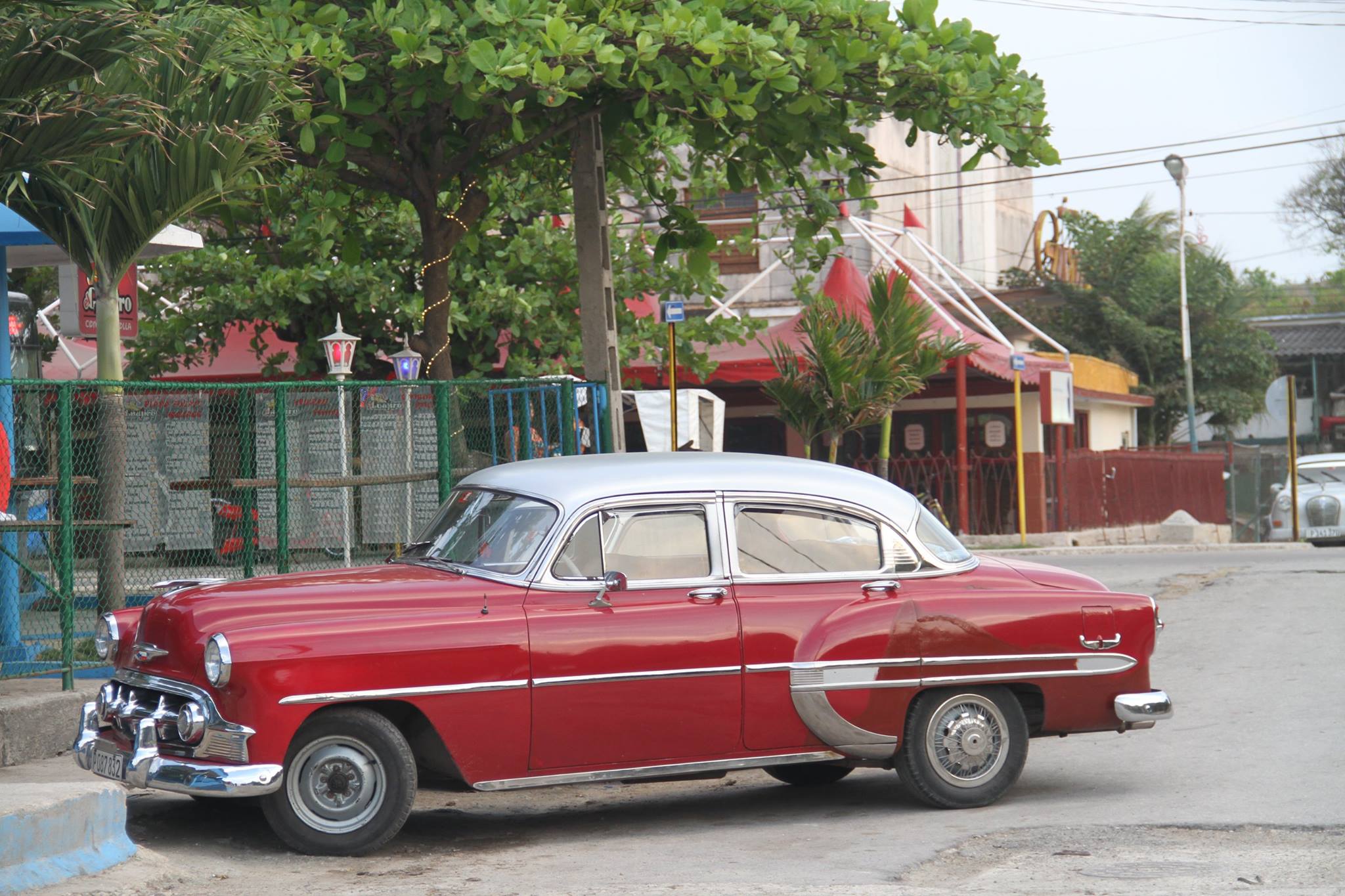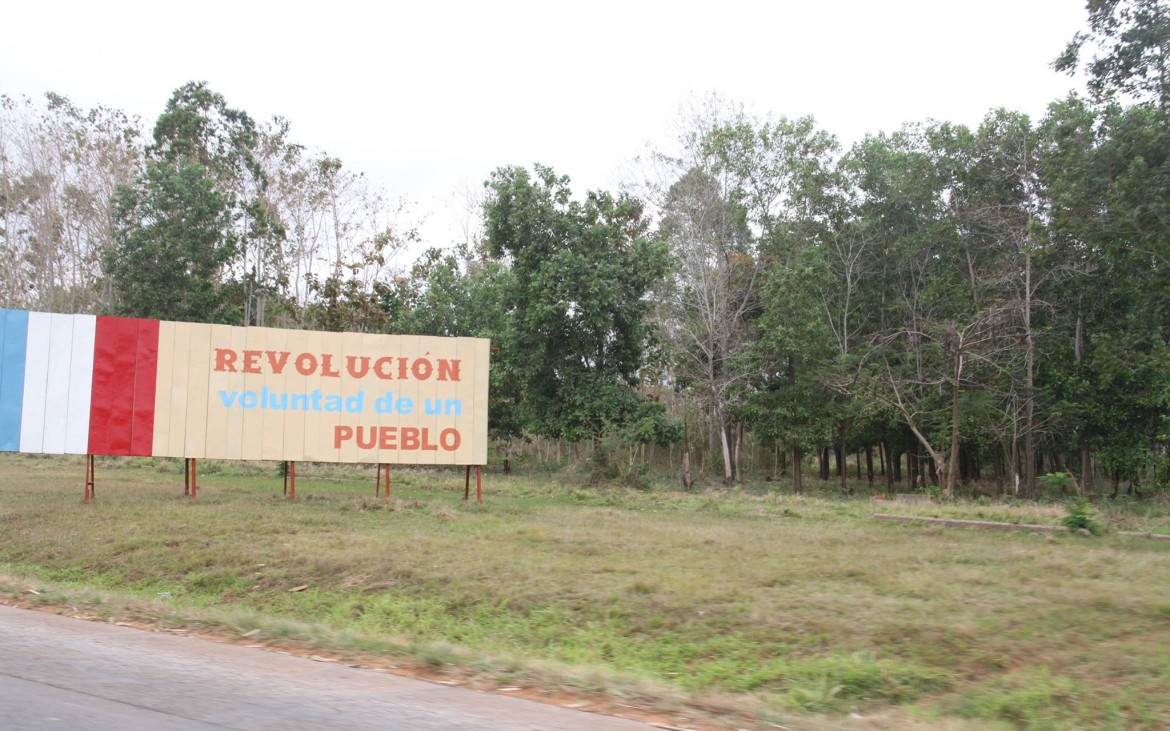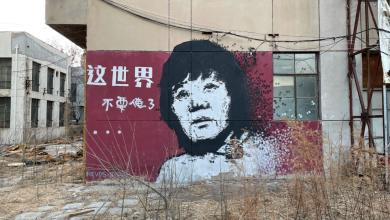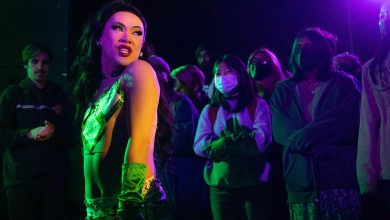Cuba in 2016: An Island Frozen in Time

Featured image by Graciela Barada.
To the average American, life in Cuba is a mystery. Historically, the social stigmatization surrounding the island — its infamous dictatorships and notoriously Communist government — has discouraged and disincentivized American tourists from traveling to Cuba. And yet, in spite of our societal depiction of Cuba, I knew there had to be more to the story: I became enticed by Cuba’s complex and fascinating geography, cultures, history, and modern-day politics. Thus, I was thrilled to hear that my two siblings, mother, and I would travel to Cuba during spring break 2016 to visit our family. Were it not for my Cuban heritage, I would never have never been able to glimpse Cuba’s present-day reality from a variety of unique perspectives.
Under shifting public opinion and president Obama’s progressive leadership, Americans have become increasingly curious about Cuba; many of my friends and classmates have expressed their hopes of visiting and exploring the many things that the country has to offer. Approximately 110 miles south of Florida, Cuba is a land “stuck in time,” home to some of the world’s most talented artists, renowned music, and celebrated dance forms. Its vibrant culture is exemplary of the island’s rhythmic, passionate, and inventive inhabitants. Even today, too few people are familiar with Cuba’s gems; during my nine day stay, I took notes of the most awe-striking, peculiar, or upsetting things I observed.
If an American were to visit an average Cuban grocery store, they would be startled by its condition: there is a shortage of virtually everything (from underwear to shampoo to toilet paper) with the exceptions of rum and bread, two goods which have become a staple of sorts.The prevalence of cigarettes in Cuba, on the other hand, is undeniable. No matter where I went, I was perpetually surrounded by smokers; it seemed as though everybody who could legally smoke chose to do so. It seemed as though Cubans had easier access to cigarettes than they did to running water and reliable sources of electricity.
My relatives explained that for decades under Fidel’s governance, the “rations booklet” (known locally as “la libreta”) subsidized cigarettes; today, however, cigarettes are purchased independently. The initial subsidy created a prevalent dependency on cigarettes and normalized their presence in Cuban society: my aunt, who grew up during the 1960’s, confessed that even she began to smoke at age 11 to suppress hunger. Like countless others, my aunt never quit because smoking has “stress-relieving” properties which make her life a little less burdensome. Although cigarettes are no longer a part of the government’s allowance, most Cuban adults, and some teenagers, easily get through a pack a day.

A second phenomenon which especially caught my attention was the presence of homelessness in Cuban society. Theoretically, as a single party Communist state, Cuba should be free of any noticeably significant wealth gaps. There should ideally be very few wealthy citizens and very few deeply impoverished people; rather, most people would find themselves somewhere in the middle of the socio-economic spectrum. Still, I found myself being approached by and bearing witness to many (seemingly) homeless people, in addition to people living in extreme poverty.
I engaged in many conversations with family members, all of whom wish to be kept anonymous, about their daily lives on the island. Overall, I noted that the recurring issue of Cuban mobility (or a lackthereof) is at the root of people’s dissatisfaction with their government. My aunt said to me: “I love my home, my land, my family, my people…. But the system is broken. And it’s frustrating that we have essentially no way of doing anything about it. I just want to be able to come and go as I please.”
Additionally, the issues of media bias, censorship, and privacy infringement plague Cuban society both historically and contemporarily. For example, the national newspaper pays daily homage to the Communist Revolution in its daily publications. News channels are also unapologetically biased, flaunting their support of a pro-Communist agenda; this leaves little room for dissenting or contending viewpoints and thus limits the scope of information that is transmitted to the public.
Though the introduction of Wifi has enabled communication between Cubans and people in other countries, it remains a greatly limited and unaffordable luxury to the vast majority of the population. In order to access the internet, Cubans must travel to certain hotspots which are far and few; those are available in cities and big towns, favoring urban Cubans over rural ones or “guajiros.” During my nine days abroad, I was essentially disconnected from the rest of the world; on the other hand, the moment I returned to the United States, I was flooded with notifications from social media, CNN, emails, and iMessage.
My mother, who has visited the island on several occasions since she married my father, has noticed the loosening of police control and state surveillance. This has resulted in a counter-discourse, which differs from the “patriotic” rhetoric that has dominated Cuba for so long: today, people speak more liberally amongs family members and trusted friends about their government grievances and politics. Regardless, many Cubans are wary of upsetting certain neighbors (who could very well be undercover government spies) and are hesitant when it comes to speaking ill of both Castro regimes in public or open spaces. “Anyone could be a snitch,” one of my cousins affirmed, shaking his head solemnly. “This is a lesson that many Cubans have learned the hard way, especially those who are interested in politics or the world.” He told me that his father, one of my four Cuban uncles, was once imprisoned for publicly voicing his opinions about the Communist state.
Overall, I concluded that the vast majority of Cubans are dissatisfied with the current state of their country’s political affairs and its economic strife. Cubans are often denied access to many of the benefits that are offered to foreigners; this extends to the slightly wealthier and lighter-skinned locals, who also receive preferential treatment over their poorer and darker counterparts. This is the reality of discrimination, prejudice, and double standards that most Cubans live through every day.




